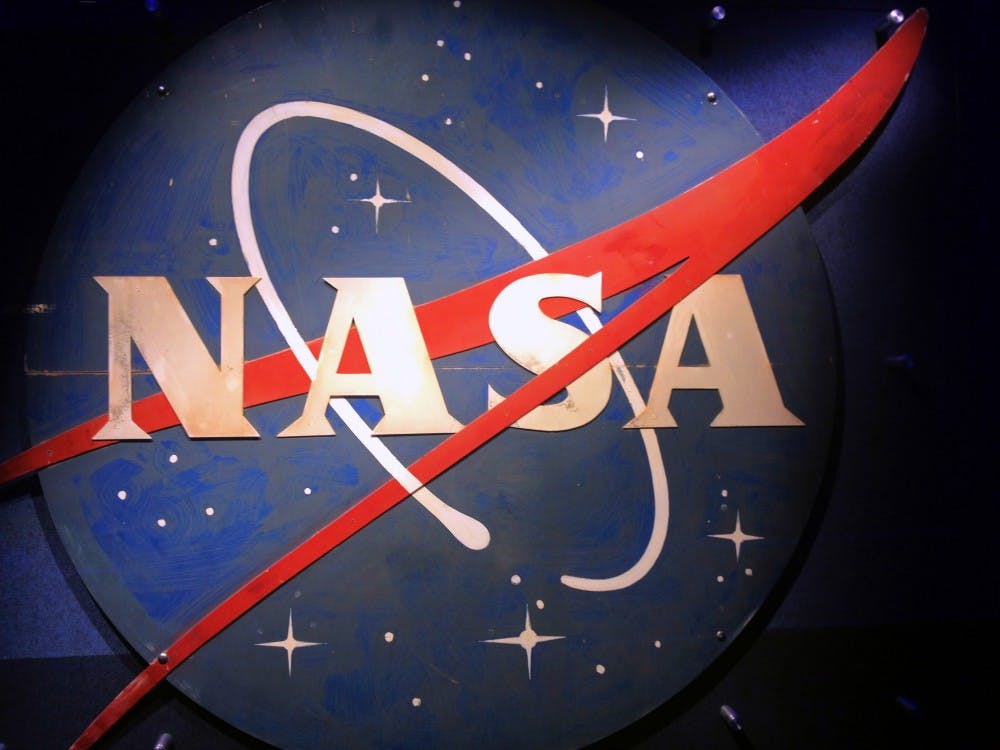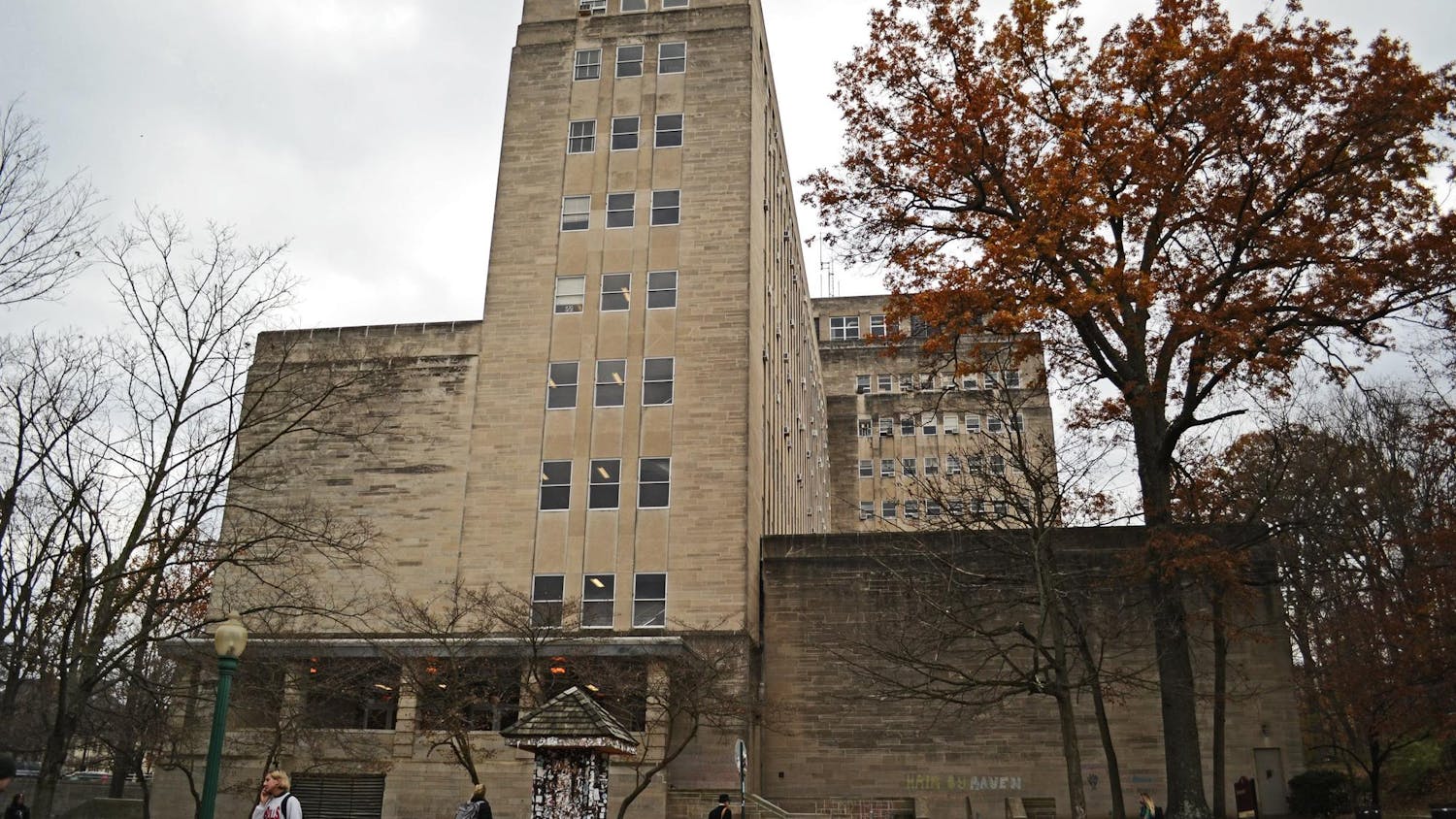In these strange times of a government shutdown, one of the federal agencies affected is the National Aeronautics and Space Administration. While NASA usually has to fight hard anyway to maintain a share of the federal budget, the shutdown further highlights how dependent NASA is on the government to keep its projects going.
We should hope, given all the contributions NASA has made to technology as well as space and climate science, that this year the organization will receive a healthy sum of money to keep it ahead of its game.
In fact, the government should monetarily compensate NASA for all the work and research NASA has missed out on due to the shutdown. We should also hope that the study of space does not occur at the expense of the study of Earth.
What is the president’s stance on space exploration? It appears that the Trump administration would be in favor of increasing space exploration. Indeed, The Planetary Society has collected some of his 2015 and 2016 campaign quotes regarding NASA and space policy.
"A strong space program will encourage our children to seek STEM educational outcomes," his campaign said in September before his election, "and will bring millions of jobs and trillions of dollars in investment to this country." Although such quotes are few in number, Trump might push for space exploration.
However, a framework developed in 2016 by space policy adviser Robert Walker for the Trump campaign and administration, recommends decreasing NASA’s focus on Earth science as it increases its focus on traveling the Solar System.
Based on the 2018 budget, it seems that the administration followed his advice. It had planned to target four of NASA’s Earth science missions, but fortunately, NASA got lucky. In the final bill, these missions were kept, and funding for the planetary science division actually increased.
If the United States is going to expand space exploration, it cannot do so at the cost of studying what is happening here on Planet Earth, especially today. For example, a NASA study was just published indicating that Antarctica is losing ice six times faster than it was in 1970, a finding made possible by decades of data.
If NASA Earth science were to be halted, we clearly would miss out on important new data that could help us plan for the future of the planet.
Of course, none of this matters at the present moment because, you know, the government has been shut down for three weeks now. NASA in particular has been significantly affected.
To be sure, the agency has not completely powered down — they can continue operation of and data collection from existing spacecraft such as the International Space Station and New Horizons. In addition, some private companies contracted by NASA can continue their work as long as they don’t require NASA facilities.
However, many NASA employees will have to stay home until the government reopens, not even allowed to do their work voluntarily. Numerous conferences, presentations and town halls have also been canceled or postponed.
One of the Hubble Space Telescope’s cameras has stopped working, but the employees responsible for fixing it cannot do so since they have been furloughed. And funding for a number of other telescopes, such as the National Radio Astronomy Observatory, will run out within a few weeks.
In the grand scheme of things, the shutdown probably won’t affect any long-term goals for NASA, but it is an annoying setback that wastes time and opportunity for the agency, and it should be compensated for.
More importantly, the shutdown makes us realize that NASA truly does live at the mercy of the government. If the government has no money to give NASA, or if it does not want to, then NASA won’t make progress — it’s as simple as that.






